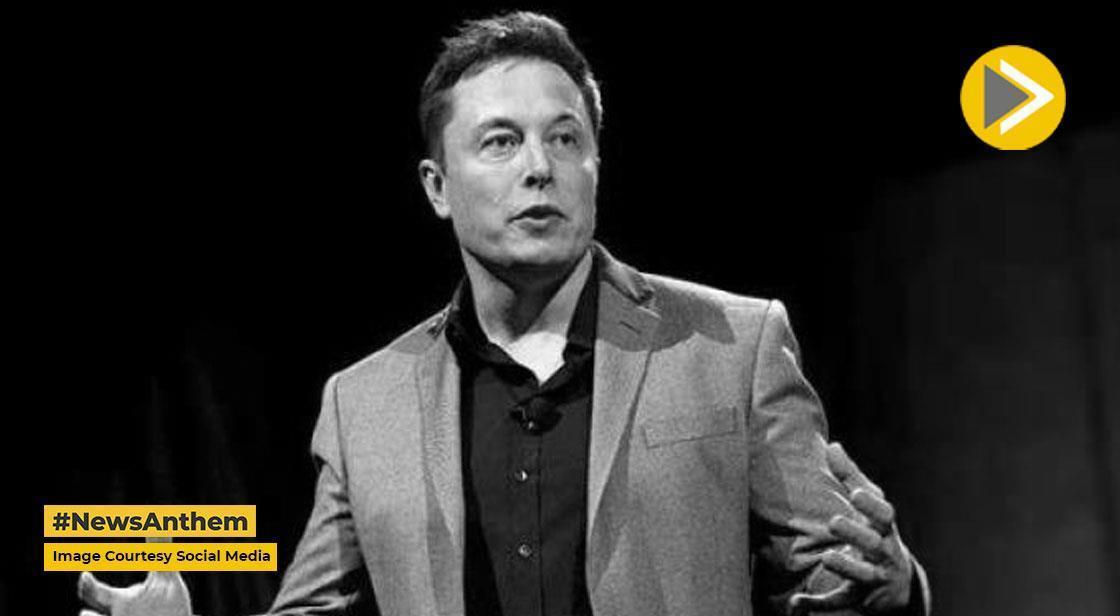Elon Musk’s $97.4B Bid for OpenAI Faces Resistance from Altman’s Board

News Synopsis
A decade ago, tech visionaries Sam Altman, Elon Musk, and others founded OpenAI as a nonprofit entity with the goal of developing artificial intelligence for the betterment of humanity.
However, OpenAI’s leadership, now spearheaded by Altman, is pushing to transition the organization into a for-profit business. In response, Musk is leveraging every possible means to halt the restructuring, escalating tensions between the two prominent figures in AI.
Musk, who has since launched his own rival AI firm, has taken multiple steps against OpenAI, including filing lawsuits, launching critical social media attacks on Altman, and even attempting to legally block OpenAI’s restructuring efforts.
A recent court hearing indicated reluctance to issue an immediate order in what was described as a dispute of “billionaires versus billionaires.” Now, Elon Musk is shifting his strategy from legal avenues to the boardroom, making an aggressive attempt to seize control of OpenAI’s assets.
Musk’s $97.4 Billion Bid to Acquire OpenAI’s Nonprofit Arm
After facing legal setbacks, Musk has joined forces with a consortium of wealthy investors to make an unsolicited bid worth $97.4 billion for OpenAI’s nonprofit-controlled assets. In his statement, Musk emphasized that his goal is to restore OpenAI to its original mission:
“The open-source, safety-focused force for good it once was.”
However, Sam Altman swiftly dismissed the offer, calling it a competitive tactic aimed at disrupting OpenAI’s progress.
“This is just an attempt to slow us down,” Altman remarked, reiterating that OpenAI is “not for sale.”
Despite Musk’s aggressive bid, OpenAI board director Larry Summers stated in an interview with Bloomberg News that the board had not received any formal outreach from Musk’s team, raising doubts about the seriousness of the proposal.
Legal and Corporate Maneuvering: The OpenAI Board's Stance
Musk’s legal representative, Marc Toberoff, countered by claiming that a four-page letter of intent had been sent to OpenAI’s external legal counsel. However, an individual close to OpenAI stated that no such letter had been received.
With OpenAI currently in talks with SoftBank Group Corp. to raise a new funding round at a valuation potentially reaching $300 billion, the situation remains complex. Should OpenAI’s board reject Musk’s offer, as expected, it will have broader implications for the company’s restructuring process and valuation.
Assessing OpenAI’s Valuation and Asset Allocation
Currently, OpenAI operates with a for-profit subsidiary under the governance of a nonprofit board. As part of its restructuring plan, OpenAI has proposed compensating the nonprofit through an equity stake. This has sparked debate among legal experts regarding the value of OpenAI’s assets and whether Musk’s bid influences how they should be evaluated.
According to Stanford Law Professor Robert Bartlett:
“OpenAI’s board is on perfectly solid footing to say no to Musk’s bid. But that doesn’t mean they can ignore the ramifications on what the bid means for valuing the assets of OpenAI’s nonprofit.”
OpenAI has reportedly considered granting the nonprofit a 25% stake in the for-profit company. Based on OpenAI’s current $157 billion valuation, this equates to roughly $40 billion—far below Musk’s offer. The discrepancy has led critics to question whether OpenAI’s board is securing the best possible financial outcome for its nonprofit entity.
Musk’s lawyer, Toberoff, expressed concerns over potential insider dealings:
“That value cannot be determined by insiders negotiating on both sides of the same table. After all, the public is OpenAI Inc.’s beneficiary, and a sweetheart deal between insiders does not serve the public interest.”
However, Bartlett argued that the OpenAI board has legitimate reasons to push back on Musk’s offer, particularly if his financing remains uncertain.
The Battle for Control: OpenAI’s Response to Musk’s Takeover Bid
OpenAI has yet to formally respond to Musk’s bid, and Summers noted that the company will only issue a statement if the board actually receives a concrete offer:
“We will speak to that, as appropriate, if and when the board actually receives an offer, as distinct from reading media reports.”
As a nonprofit, OpenAI’s board is legally bound to uphold its mission of developing AI that is safe and beneficial to society. If the board determines that Musk’s proposal does not align with that mission, it has the right to reject it outright.
Bartlett explained:
“In this context, we don’t have a public company. We have a nonprofit board. Their fiduciary obligation is to the charitable mission that established the nonprofit’s existence.”
Furthermore, since Altman’s brief ousting from OpenAI last year, the board has undergone significant restructuring. It now includes prominent figures such as Bret Taylor, former co-CEO of Salesforce, and Fidji Simo, CEO of Instacart, alongside Summers. The board is widely perceived as being aligned with Altman, making it highly unlikely that Musk’s bid will be entertained.
Conclusion
Elon Musk’s bid to take over OpenAI represents one of the most high-profile power struggles in the AI industry. While Musk argues that OpenAI has strayed from its founding mission, Altman and the board remain steadfast in their commitment to restructuring the organization into a for-profit entity. With OpenAI’s valuation skyrocketing and new funding opportunities emerging,
Musk’s challenge further complicates the transition process. Whether the board will formally address Musk’s offer or dismiss it outright remains to be seen, but one thing is certain—the future of OpenAI is at a critical juncture, with profound implications for the AI landscape.
You May Like









